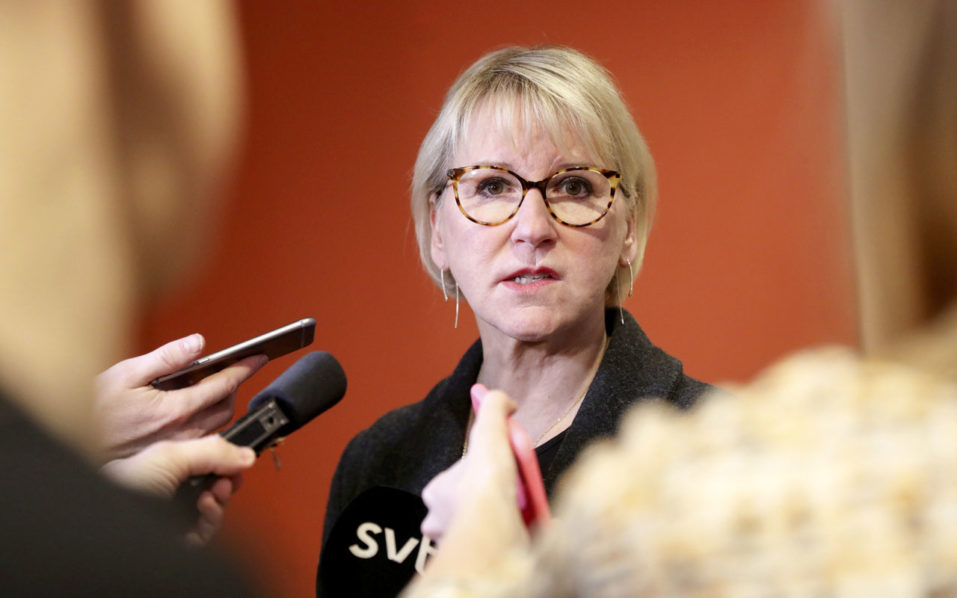Sweden’s Ministry of Foreign Affairs released on Thursday a Feminist Foreign Policy handbook outlining guidelines on how to define women’s rights and make policy around them. The handbook is a result of a four-year study done by Sweden’s varying federal agencies on feminist policy. It marks “an increase in ambitions” for the progressive country.
Sweden, a country facing a rise in sexual violence against women, is putting forth this legislation in hopes that women’s rights will be considered in political matters and that more women will assume roles of political power going forward.
The policy that addresses rights groups and foreign governments, showcases lessons from the country’s approach. It is based on three “Rs” of girls and women’s Rights, Representation and Resources within the context of Reality. The aim is to apply basic female human rights, as ratified by the United Nations and other human rights treaties, across cultures.
For the past four years, the Foreign Service had six objectives within Sweden. They were to contribute to women and girls having full enjoyment of human rights, freedom from physical, psychological and sexual violence, participation in preventing and resolving conflicts with post-conflict peacebuilding, political participation and influence in all areas of society, economic rights, and sexual and reproductive health and rights (SRHR). The seventh objective was to put all of the previously mentioned guidelines into policy.
Sweden plans to make this handbook into a real change-making policy piece and to set precedent for other U.N.-member countries for how to deal with a rise of violence against women within their countries. The handbook also aims to make violence and discrimination against women a separate category, when nations are considering whether to sanction nations. Sweden’s main objective is to “advance gender equality” and to put forth that “all countries should put the plan into action, including through legislation.”


